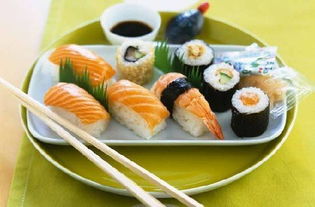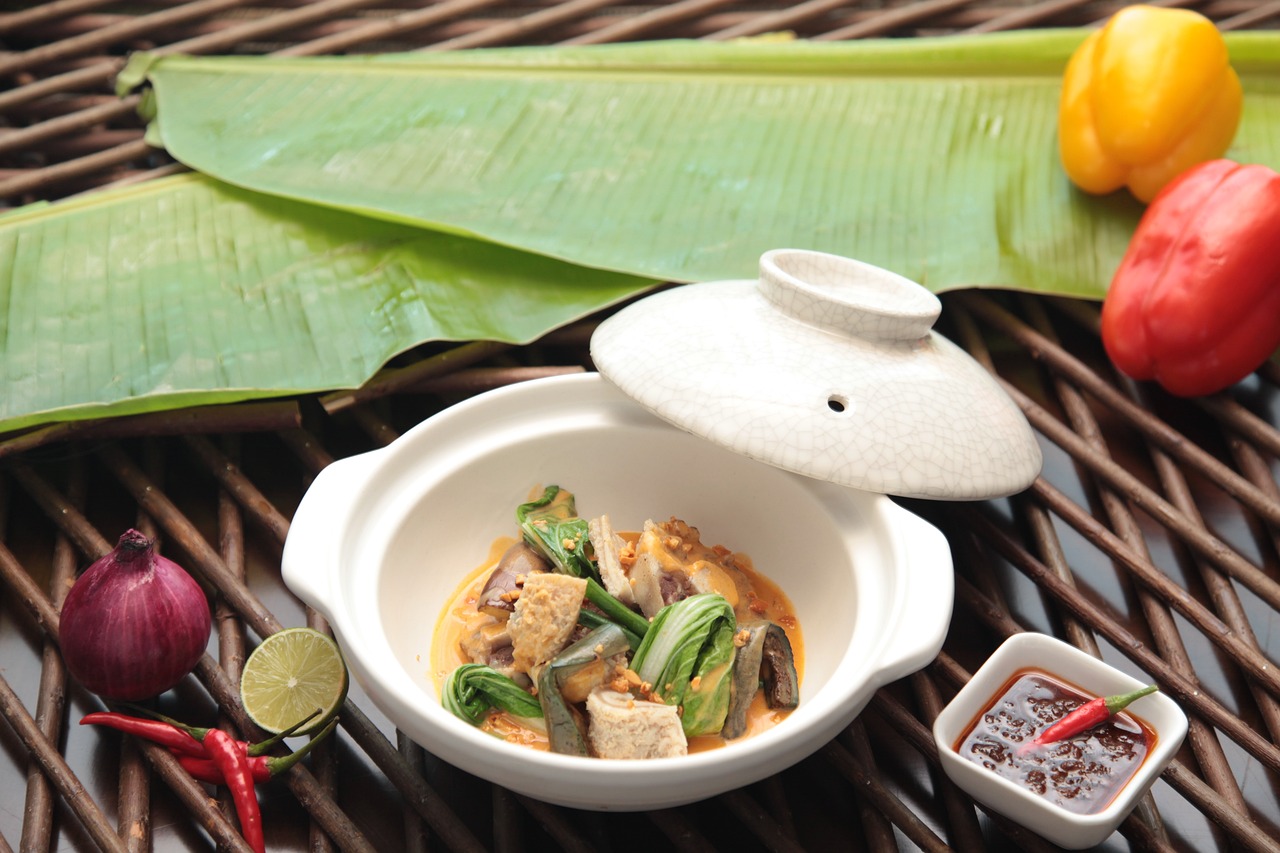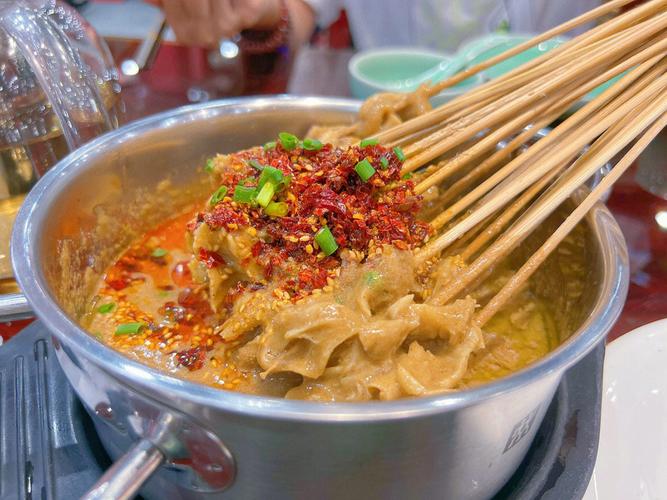Exploring the World of Gastronomy
Gastronomy is the study of the relationship between food and culture, the art of preparing and serving rich or delicate and appetizing food, the cooking styles of particular regions, and the science of good eating. It encompasses a wide range of topics, including culinary arts, food science, nutrition, and food culture.
As a field of study, gastronomy delves into the practical and theoretical aspects of cooking, eating, and enjoying food. It explores the cultural, historical, and social factors that influence cuisine, as well as the sensory experience of taste, aroma, and texture. Gastronomical research often examines traditional cooking techniques, indigenous ingredients, and the evolution of culinary traditions over time.
Key Concepts in Gastronomy:
1.
Culinary Arts
: This focuses on the preparation, cooking, and presentation of food. It involves learning about different cooking techniques, flavor combinations, and plating styles.2.
Food Science
: This branch of gastronomy explores the physical, biological, and chemical makeup of food. It involves understanding the properties of ingredients, food preservation methods, and the impact of cooking on food properties.3.
Nutrition
: Gastronomic research also delves into the nutritional aspects of food, including the role of nutrients in the body, dietary requirements, and the impact of food on health.4.
Food Culture
: This encompasses the social, religious, and familial aspects of food. It involves studying the customs, rituals, and traditions related to food and dining in different societies.5.
Sensory Experience
: Gastronomy considers the multisensory experience of eating, including taste, smell, texture, and visual appeal. It examines how sensory perceptions influence food preferences and enjoyment.6.
Historical and Cultural Influences
: Understanding how historical events, migration, trade, and cultural exchange have shaped the development of different cuisines is an important aspect of gastronomic research.Research Opportunities in Gastronomy:
Culinary Techniques and Innovations
: Investigating traditional and modern cooking methods, as well as the development of innovative culinary techniques.
Food and Identity
: Exploring how food shapes individual and group identity, including the role of food in cultural heritage and national identity.
Sustainable Gastronomy
: Researching sustainable food practices, such as farmtotable initiatives, ethical eating, and reducing food waste.
Health and Nutrition
: Studying the nutritional quality of different cuisines, the impact of food on health, and the cultural aspects of healthy eating.
Food Tourism
: Examining the intersection of travel and gastronomy, including the influence of food experiences on tourism and local economies.Recommended Reading:
"The Physiology of Taste" by Jean Anthelme BrillatSavarin
"On Food and Cooking: The Science and Lore of the Kitchen" by Harold McGee
"Catching Fire: How Cooking Made Us Human" by Richard Wrangham
"Gastrophysics: The New Science of Eating" by Charles Spence
Gastronomy offers a rich and diverse field of study, combining scientific inquiry with cultural appreciation and creativity. Whether you are interested in the chemistry of cooking, the history of culinary traditions, or the social significance of food, there are endless avenues to explore within the world of gastronomy.











